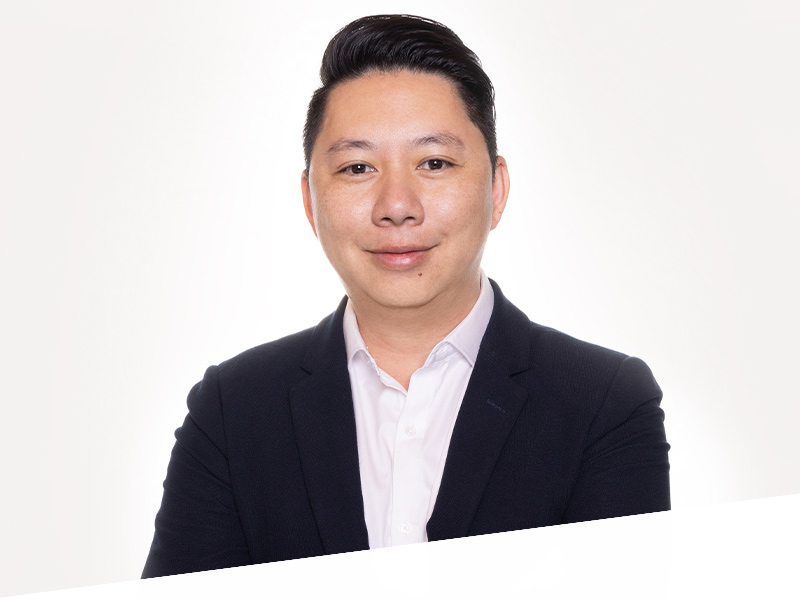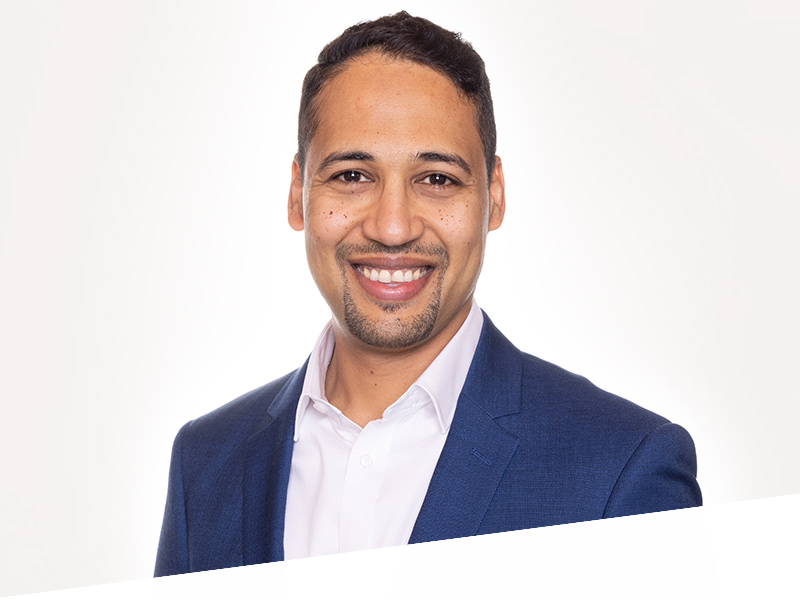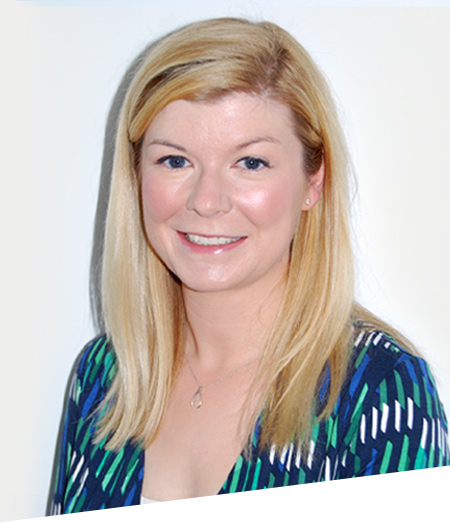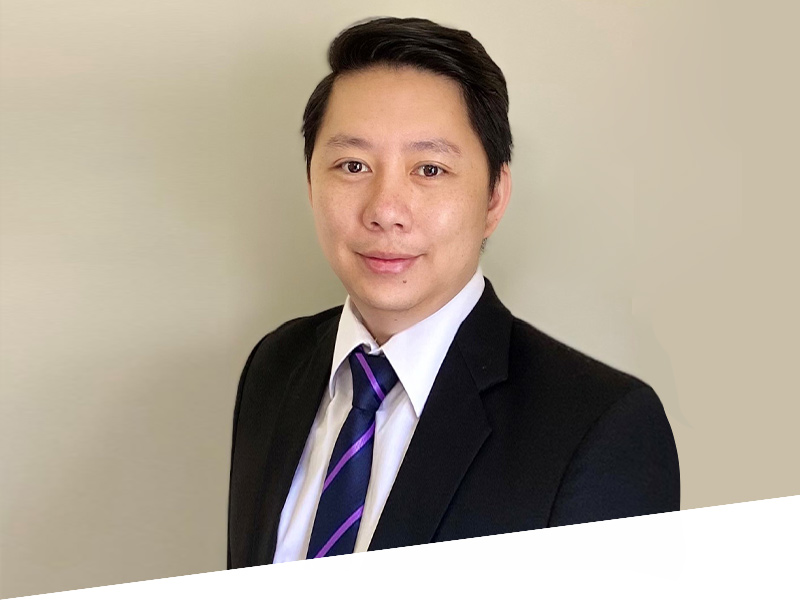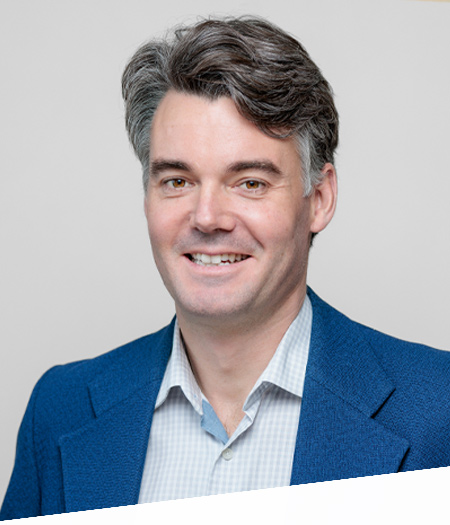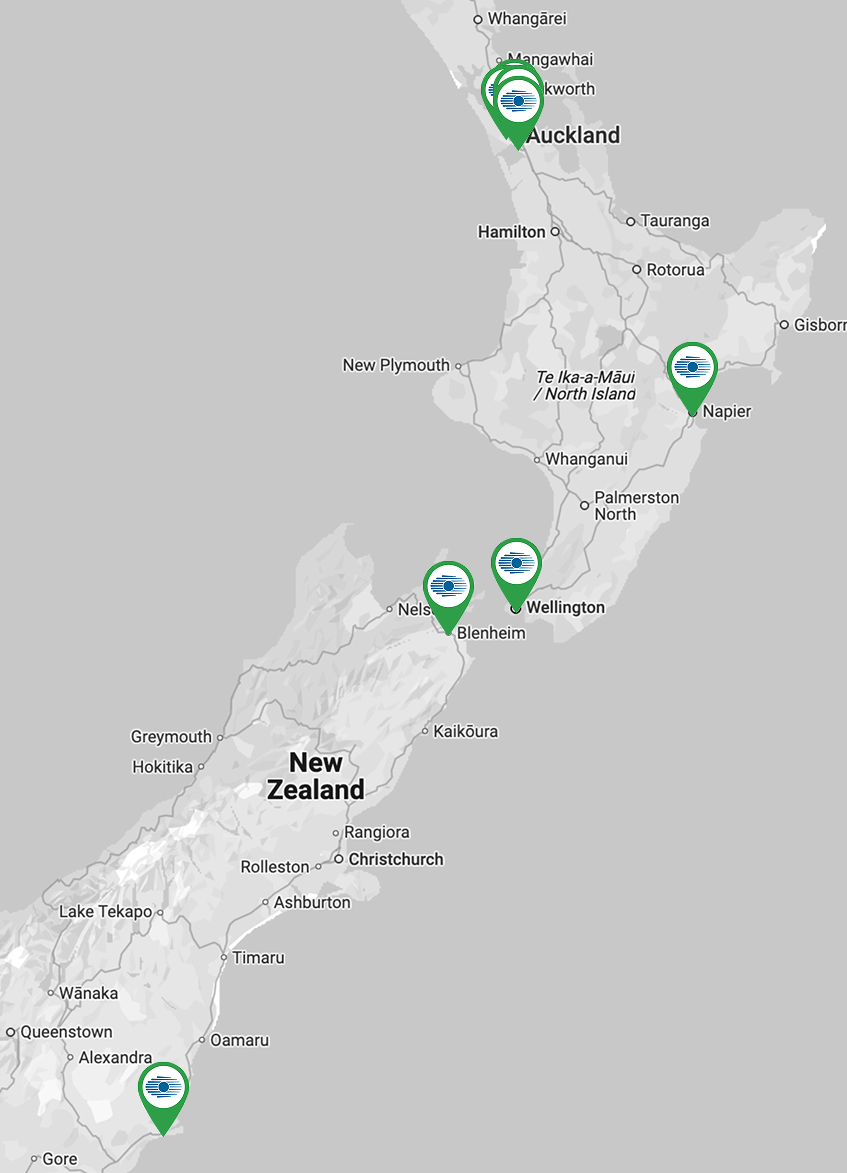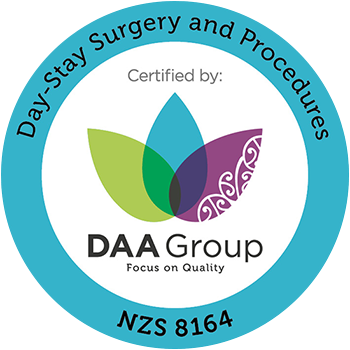We’ll guide you towards the best solution for your needs and lifestyle
For both wet and dry AMD, there are some medications and lifestyle changes that may help. These aim to prevent the eye condition worsening, or even occurring in the first place.
If you have wet AMD, we must treat you soon to avoid permanent damage to your sight. The AMD experts at Eye Institute use the most advanced medications and treatments for wet AMD.
A cataract is a clouding of the lens in your eye, which makes it more difficult for you to see. In a cataract operation, we replace the cloudy lens with an artificial lens. This lens gives you back the clear vision you once had. (You also have the option to remove your dependence on glasses – see refractive cataract surgery)
Do you struggle to wear hard contact lenses for keratoconus? Corneal implants could help you see again.
In a corneal transplant operation, the surgeon replaces all or part of the damaged cornea (the clear front surface of your eye) with healthy donor corneal tissue. We usually perform a corneal transplant (also called cornea grafting or keratoplasty) to help restore vision. We can also do it for comfort or appearance.
We use this type of laser eye surgery to correct myopia (shortsightedness), hyperopia (longsightedness) and astigmatism. PRK was the first type of laser surgery for vision correction and the forerunner to LASIK. We sometimes use PRK as an alternative to LASIK for people who have very thin or flat corneas. It is also known as surface treatment or surface ablation.
While we cannot cure glaucoma, we can control it to slow or stop further damage to your eyes. This can prevent blindness. Treatments generally work by lowering the pressure inside the eye so that no further damage to the optic disc occurs.
Are your eyes unsuitable for LASIK? You could still enjoy clear vision without glasses, with implantable contact lenses.
Depending on the stage and severity of your condition, there are many treatments available. These include glasses, contacts, corneal implants, corneal transplants and corneal cross-linking.
LASIK blended vision (monovision) is a laser eye surgery treatment where we correct one eye for close-up vision and the other for distance. This procedure can reduce your need for glasses.
Due to its success, LASIK continues to be one of the most performed, elective surgeries in the world. LASIK is a 100% blade-free laser procedure. It can improve vision for people who have short-sightedness, long-sightedness and astigmatism.
SMILE™ is the most significant advancement in laser eye surgery in the last decade. The procedure is 100% blade-free. It allows rapid recovery and visual freedom for people who have short-sightedness and astigmatism.
A YAG laser capsulotomy is a fast, effective and painless treatment. We use it to restore clarity of vision caused by posterior capsule opacity – also known as ‘secondary cataracts’.
We break down our eye treatment services into different areas and explain what each one means under the headings below
Vitreoretinal surgery is used to treat many conditions, including:
- Diabetic retinopathy
- Epiretinal membrane
- Floaters
- Macular hole
- Retinal detachment
- Vitreous haemorrhage
There are many treatments for retinal vein occlusion. These include laser treatment, medication and surgery. The best treatment for you depends on the stage and severity of your eye condition. It’s important to get an expert diagnosis.
Every detached retina is different, and specialists will recommend the best operation for you.
For retinal tears, we may recommend laser or freezing treatment.
Refractive lens exchange (RLE) is a popular vision correction procedure for people over the age of 50. RLE is also called lens replacement, PRELEX and premium IOLs. The surgeon replaces your eye’s clear natural lens with an artificial intraocular lens (IOL). This lens achieves a sharper focus at variable distances, reducing the need for distance and reading glasses.
Refractive cataract surgery is a procedure where we replace the cataractous lens in your eye with a new lens implant. It has the potential to improve your vision, leaving you with less or even no reliance on glasses and contact lenses.
We can treat the irritation and redness caused by a pterygium or pinguecula with simple eye drops or surgery.
Rejuvenating eyelid surgery can make you look younger and more alert. This can help you feel better about yourself and look more youthful. Your eyelids also play an important role in the function of your eyes. It’s important to keep them working, as well as looking good. We provide many types of eyelid surgery and oculoplastic procedures.
Not all epiretinal membranes need treatment, and its effect on your vision is mild, surgery may not be the right option.
When a surgical procedure is the best option, we call that procedure a vitrectomy.
There are many treatments for dry eyes, but their effectiveness depends on an accurate diagnosis. At Eye Institute, an experienced eye doctor will assess your symptoms and design a personalised treatment plan for you.
If you are diabetic, you’re at risk of developing diabetic retinopathy. You should take immediate action to prevent it. See us for effective diabetic retinopathy treatments.
Take this quick quiz to discover if you can be free from glasses and contacts
Not everyone can benefit from laser eye surgery. You have many different options depending on your eyes, age and lifestyle. Take this quick 2-min quiz to find out which type of laser eye surgery or other vision correction treatment might be right for you.
Our industry-leading experts are here to guide you every step of the way
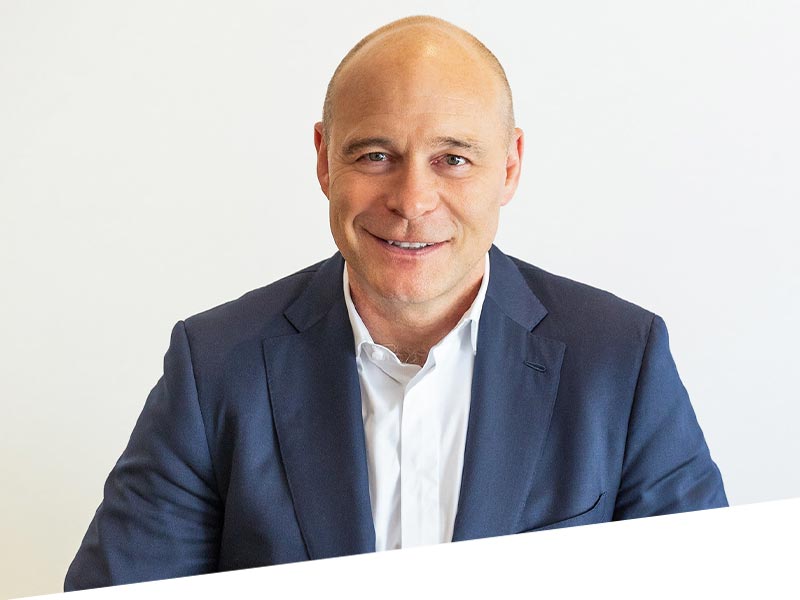
Dr Nick Mantell is a Refractive laser, Refractive Lens Exchange and Cataract Specialist. He has been working in private practice for 20 years.
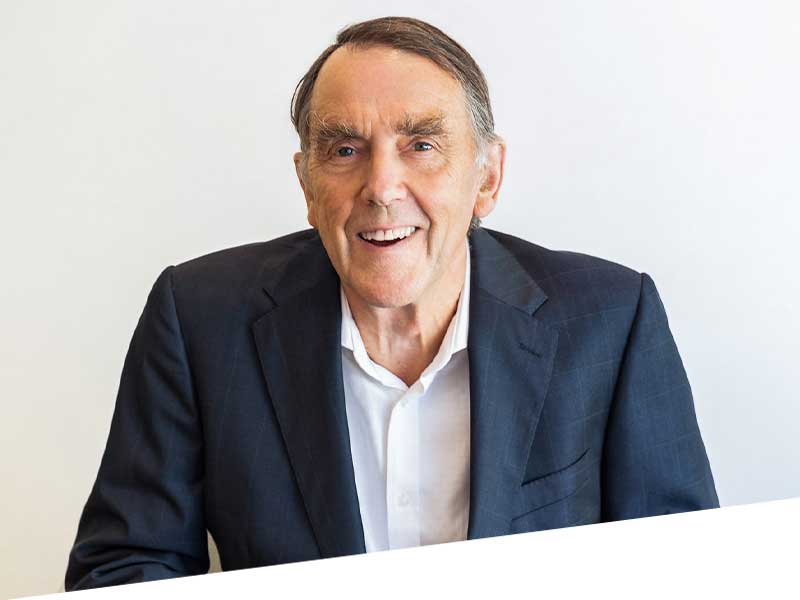
With four decades at the forefront of eye surgery in New Zealand, Dr Ring was an early exponent of modern multi-focal technology. He was also part of the esteemed small team that introduced laser surgery to the country.
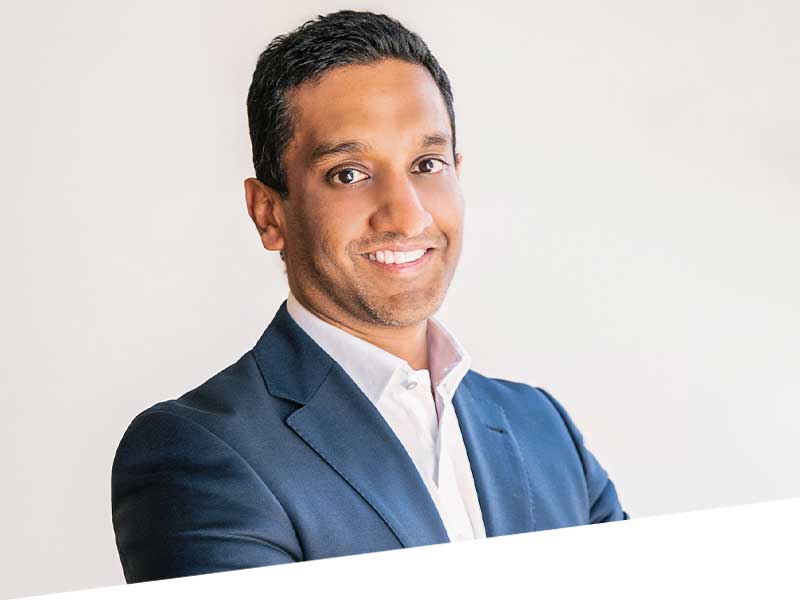
A cataract, corneal and laser surgery specialist Dr Subbiah has been with Eye institute since 2013. His easy manner and affable nature have found a natural home in New Zealand medicine.
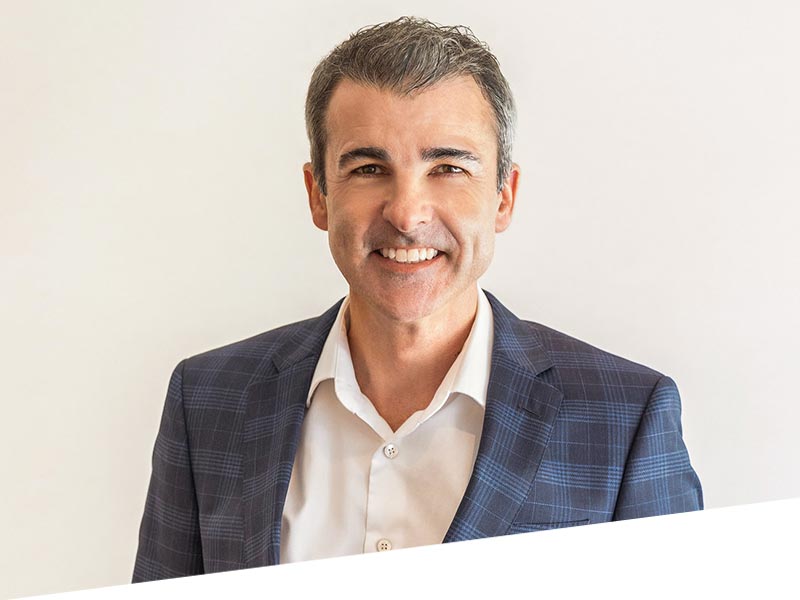
Dr Watson’s focus – pun intended – is the front of the eye. His combination of specialisations enables him to address the face, eyelids, tear drainage system, the surface of the eye and cornea together as a single functional unit to give the best possible outcome.
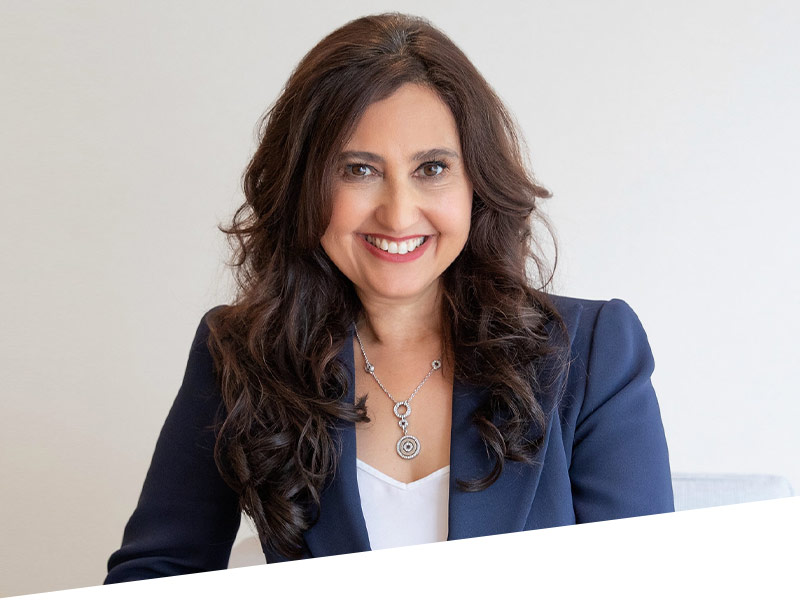
Professor Danesh-Meyer is an international authority on glaucoma and neuro-ophthalmology and one of the most highly regarded experts in her field.
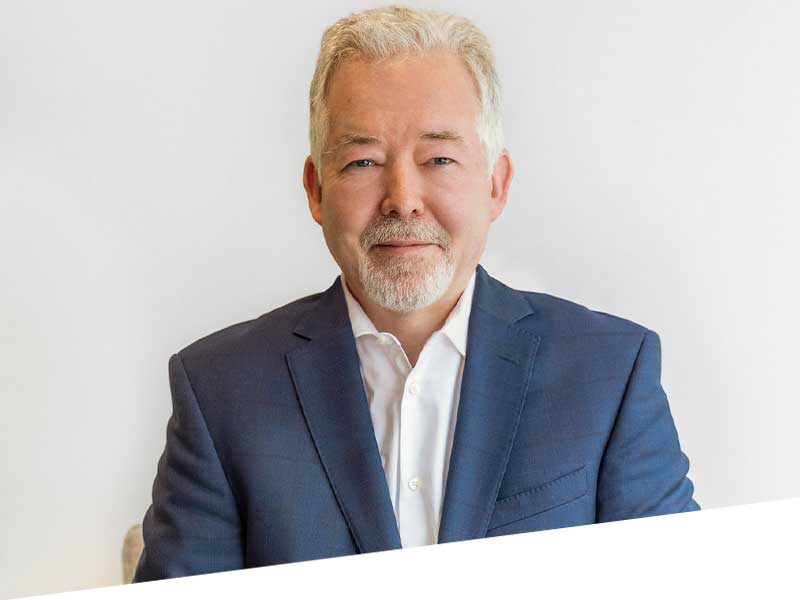
Professor Charles McGhee, a Consultant Ophthalmic Surgeon for 25 years, specialises in corneal diseases and cataract surgery.
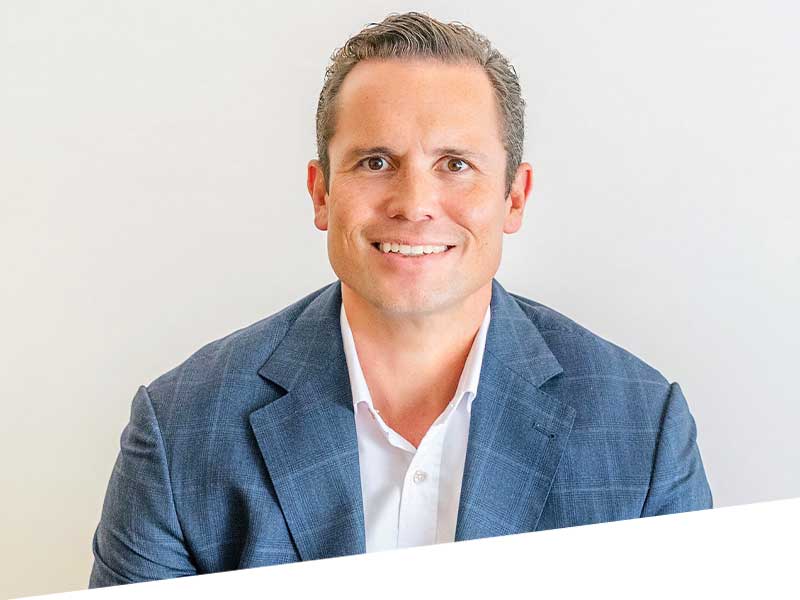
Will is an acknowledged expert in cataract and vitreoretinal surgery. He splits his time between the Eye Institute and works publicly at the Greenlane Clinical Centre.
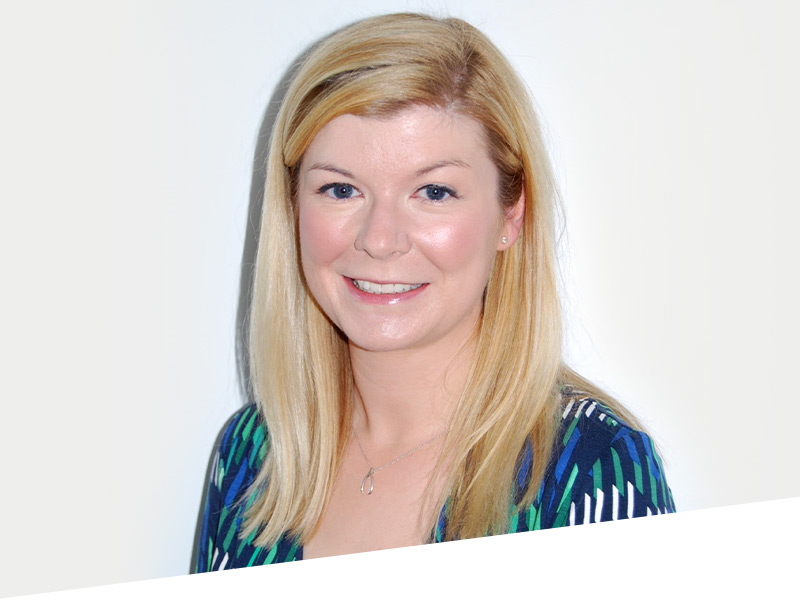
Dr Hill completed her MBBS at St Georges University of London in 2008, also obtaining an Intercalated BSc from King’s College University, London.
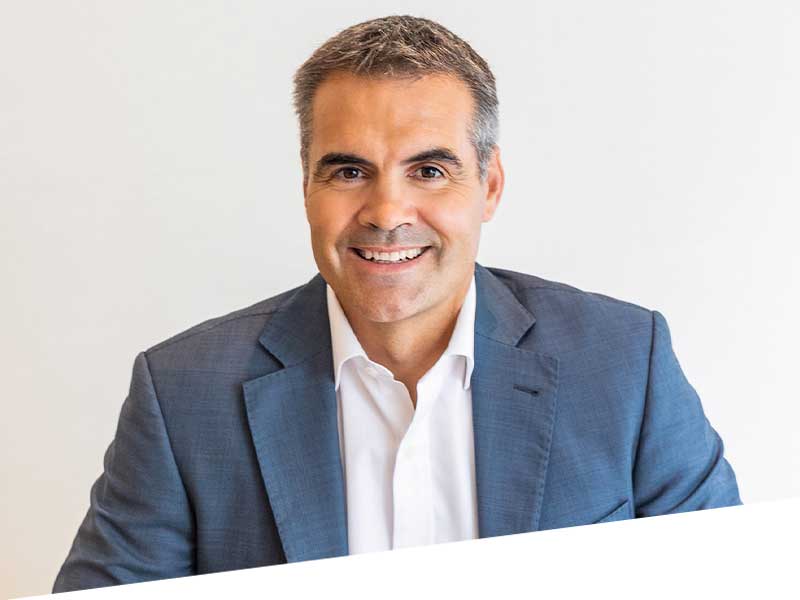
Dr Hadden specialises in vitreoretinal and cataract surgery, including the treatment of intraocular tumours. He has been at Eye Institute for 17 years.
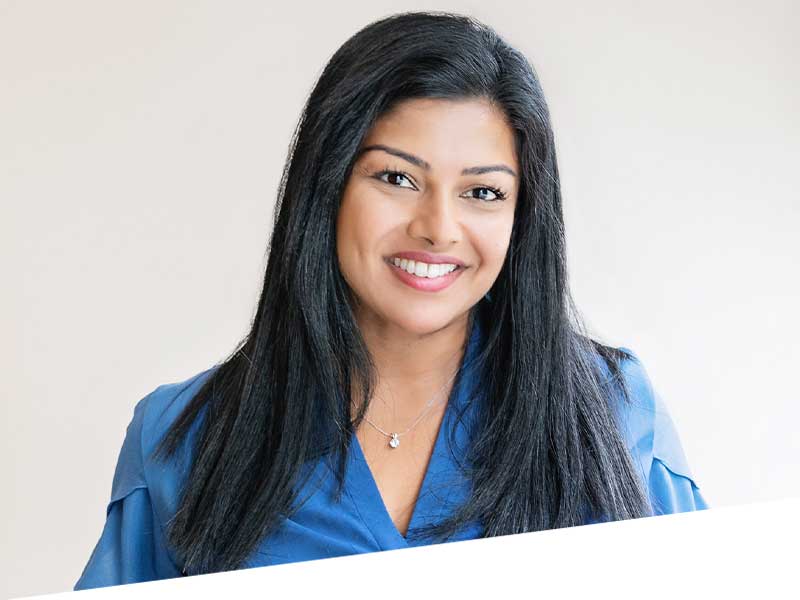
Dr Narme Deva is a key opinion leader for Medical retina and Uveitis in New Zealand and an expert cataract surgeon. She has a logical approach, an empathetic manner and a passion for the pursuit of excellence.
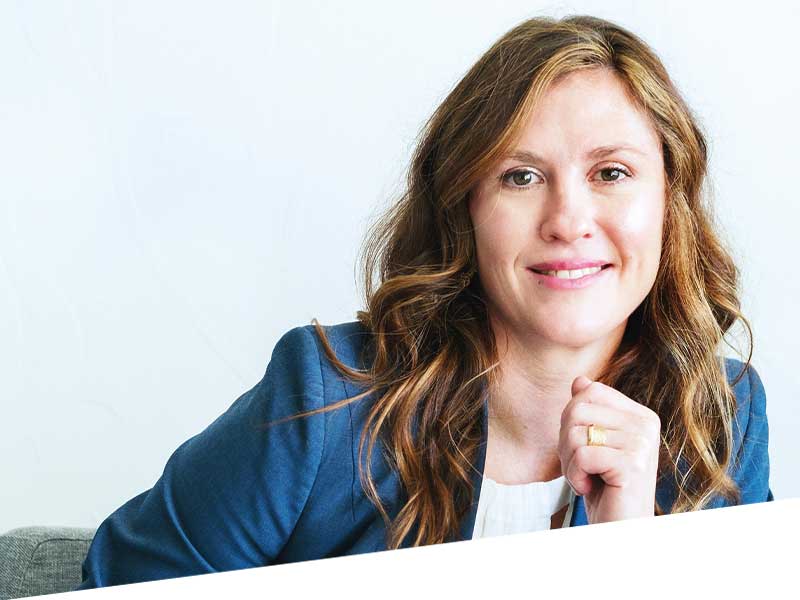
Dr Elizabeth Insull is a New Zealand and UK trained Oculoplastic and Ophthalmic surgeon based at Eye Institute Hawke’s Bay at Kaweka Hospital.
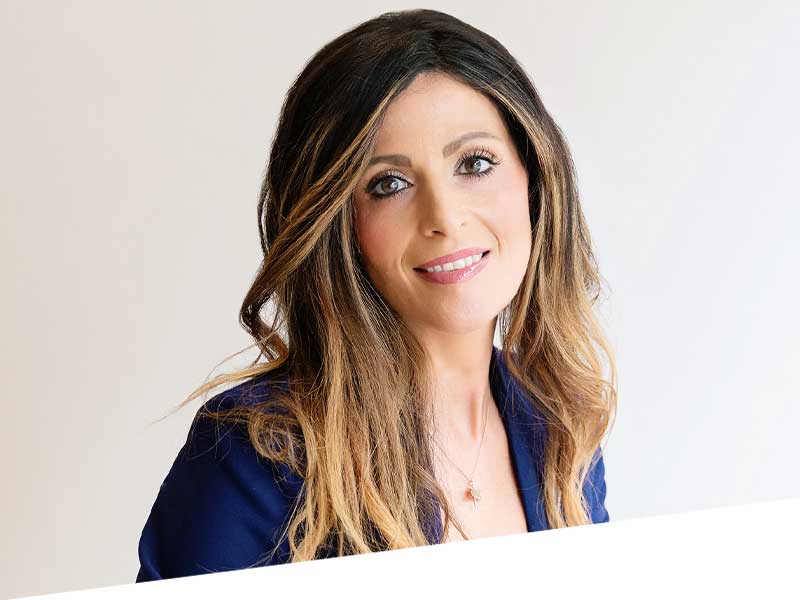
Dr Kaliopy Matheos is a New Zealand-trained Ophthalmologist specialising in Glaucoma & Anterior Segment Surgery at the University of Toronto in Canada.
As part of his ophthalmology specialty training, Dr Dunne gained valuable experience in major centres such as Auckland and Wellington.
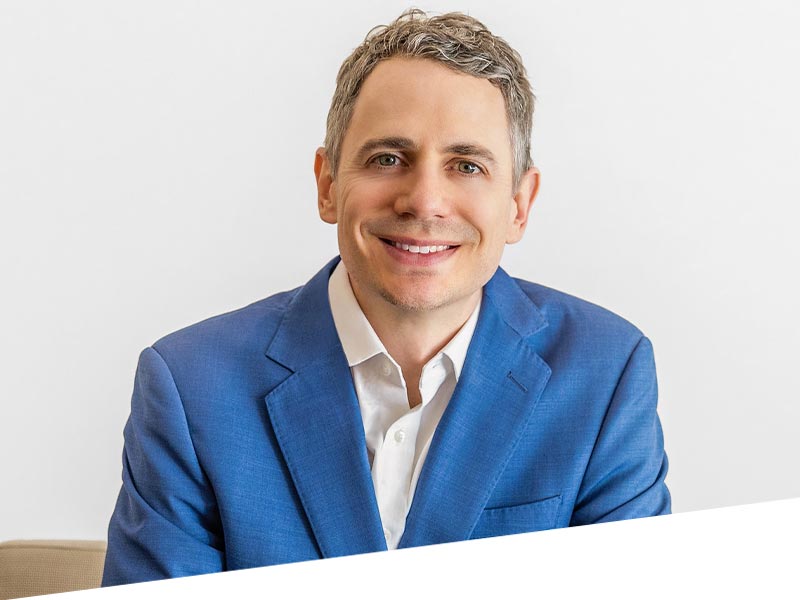
Dr. Jay Meyer is a specialist eye surgeon with expertise in cataracts, glaucoma, and corneal diseases and surgeries. He has a gentle demeanour and provides personalised care by tailoring treatments to each patient’s needs.
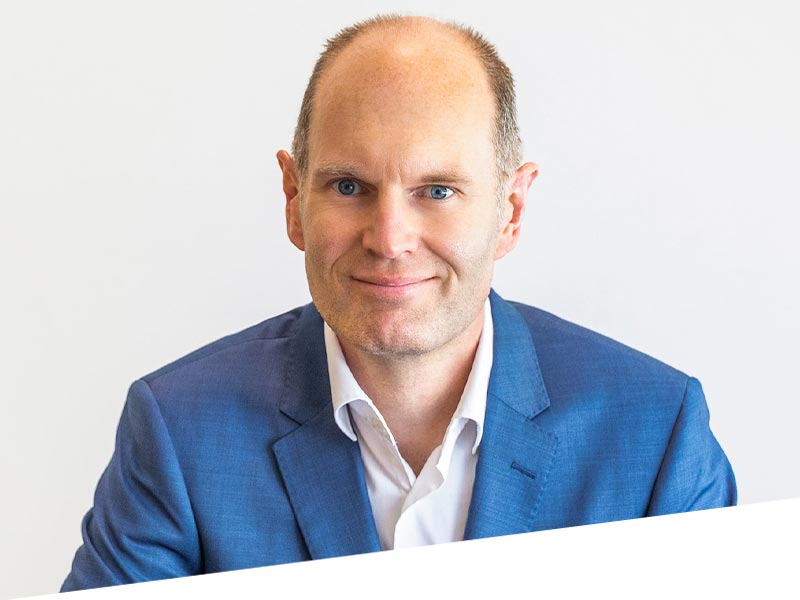
Dr Reeves has advanced training in the diagnosis and management of glaucoma. He offers a variety of laser and surgical treatments including minimally invasive glaucoma surgery.
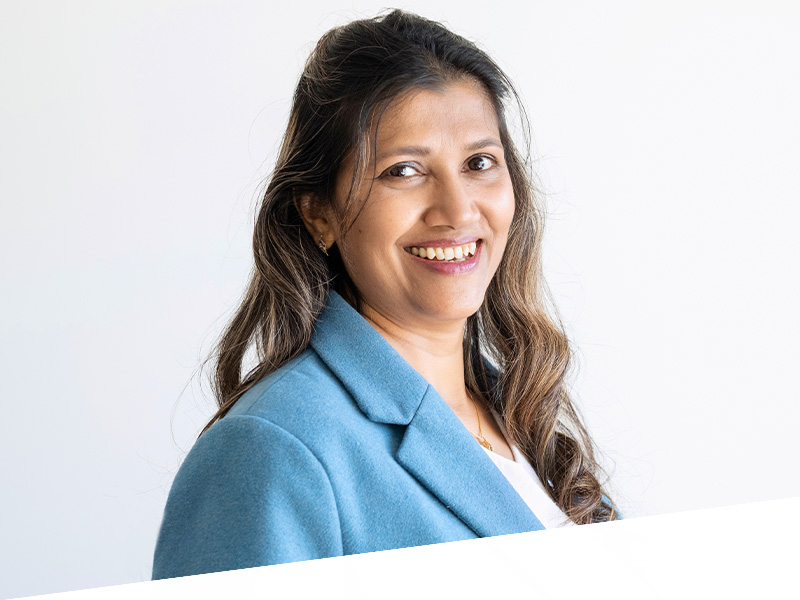
Dr Baswati Sahoo
Dr Baswati Sahoo is a cataract and glaucoma surgeon from India with over 15 years of experience in Ophthalmology.
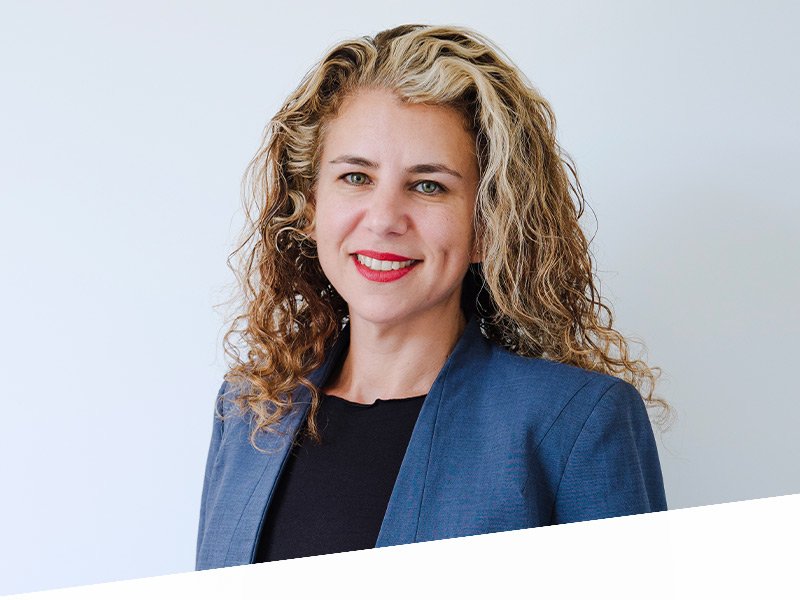
Dr Shira Sheen
Shira completed Ophthalmology training in Israel, under the supervision of world known Ophthalmologist, Professor Ehud Assia.
Dr Ammar Binsadiq
Dr Ammar Binsadiq is a New Zealand-trained ophthalmologist with subspeciality training in medical retinal, cataract and vitreoretinal surgery.
Dr Narme Deva is a key opinion leader for Medical retina and Uveitis in New Zealand and an expert cataract surgeon. She has a logical approach, an empathetic manner and a passion for the pursuit of excellence.
LEARN MORE
With four decades at the forefront of eye surgery in New Zealand, Dr Ring was an early exponent of modern multi-focal technology. He was also part of the esteemed small team that introduced laser surgery to the country.
LEARN MORE

A cataract, corneal and laser surgery specialist Dr Subbiah has been with Eye institute since 2013. His easy manner and affable nature have found a natural home in New Zealand medicine.
LEARN MORE

Dr Watson’s focus – pun intended – is the front of the eye. His combination of specialisations enables him to address the face, eyelids, tear drainage system, the surface of the eye and cornea together as a single functional unit to give the best possible outcome.
LEARN MORE

Professor Danesh-Meyer is an international authority on glaucoma and neuro-ophthalmology and one of the most highly regarded experts in her field.
LEARN MORE

Professor Charles McGhee, a Consultant Ophthalmic Surgeon for 25 years, specialises in corneal diseases and cataract surgery.
LEARN MORE
Will is an acknowledged expert in cataract and vitreoretinal surgery. He splits his time between the Eye Institute and works publicly at the Greenlane Clinical Centre.
LEARN MORE

Dr Hadden specialises in vitreoretinal and cataract surgery, including the treatment of intraocular tumours. He has been at Eye Institute for 17 years
LEARN MORE
Dr Elizabeth Insull is a New Zealand and UK trained Oculoplastic and Ophthalmic surgeon based at Eye Institute Hawke’s Bay at Kaweka Hospital.
LEARN MORE
Dr Kaliopy Matheos is a New Zealand-trained Ophthalmologist specialising in Glaucoma & Anterior Segment Surgery at the University of Toronto in Canada.
LEARN MORE
Dr. Jay J. Meyer is a specialist eye surgeon with expertise in cataracts, glaucoma, and corneal diseases and surgeries. He has a gentle demeanour and provides personalised care by tailoring treatments to each patient’s needs.
LEARN MORE
Dr Reeves has advanced training in the diagnosis and management of glaucoma. He offers a variety of laser and surgical treatments including minimally invasive glaucoma surgery.
LEARN MORE
Dr Nick Mantell is a Refractive laser, Refractive Lens Exchange and Cataract Specialist. He has been working in private practice for 20 years.
LEARN MORE
Dr Hill completed her MBBS at St Georges University of London in 2008, also obtaining an Intercalated BSc from King’s College University, London..
LEARN MORE
As part of his ophthalmology specialty training, Dr Dunne gained valuable experience in major centres such as Auckland and Wellington.
LEARN MORE
Dr Ammar Binsadiq is a New Zealand-trained ophthalmologist with subspeciality training in medical retinal, cataract and vitreoretinal surgery.
LEARN MORE
Dr Baswati Sahoo is a cataract and glaucoma surgeon from India with over 15 years of experience in Ophthalmology.
LEARN MORE
Dr Shira Sheen completed Ophthalmology training in Israel, under the supervision of world known Ophthalmologist, Professor Ehud Assia.
LEARN MORE
Dr Edward Hutchins specialises in Cataract, Corneal, Medical Retina & Vitreoretinal surgery.
LEARN MORE

